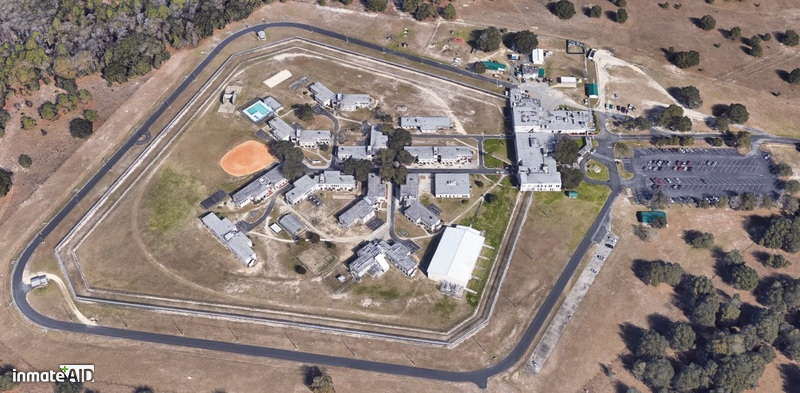Thank you for trying AMP!
You got lucky! We have no ad to show to you!
Connect with an Inmate
North Florida Evaluation and Treatment Center (NFETC)
Reentry & Treatment Facility
N FL Evaluation and Treatment Center is for Reentry & Treatment Facility offenders have not been sentenced yet and are detained here until their case is heard.
All prisons and jails have Security or Custody levels depending on the inmate’s classification, sentence, and criminal history. Please review the rules and regulations for State - medium facility.
If you are unsure of your inmate's location, you can search and locate your inmate by typing in their last name, first name or first initial, and/or the offender ID number to get their accurate information immediately Registered Offenders
You can support your loved ones at N FL Evaluation and Treatment Center on InmateAid, if you have any immediate questions contact the facility directly at 352-375-8484.
The North Florida Evaluation and Treatment Center (NFETC) located at 1200 NE 55th Blvd Gainesville, FL, focuses on successful offender reintegration into society, crucial for effective crime control. With high recidivism rates, evidence-based practices tailor programs for medium to high-risk individuals, reducing repeat offenses. Reentry and Treatment Centers offer structured environments and various programs aiding rehabilitation and community reconnection efforts. Collaborating with the Alachua Sheriff's Department, the Florida Department of Corrections, and sometimes the US Marshal Service/Federal Bureau of Prisons, comprehensive reentry services prioritize education, substance abuse treatment, and workforce development. Facilities assist officers in monitoring compliance and serve as alternatives to pretrial detention, considering cost-effectiveness and reducing overcrowding. Emphasizing individual needs, family support, and community integration, the center aims for holistic support, empowering successful reintegration.
Opened in 1976, the North Florida Evaluation and Treatment Center (NFETC) is operated as an evaluation and treatment center for people with mental illnesses who are involved in the criminal justice system.
Today NFETC has 193 beds open for the evaluation and treatment of residents who have major mental disorders. These residents are either incompetent to proceed to trial or have been judged to be not guilty by reason of insanity. Our mission is to evaluate, treat and discharge in a manner which ensures proper safety, security and respect of rights. We are a maximum security treatment facility, not a jail or prison.
The Center is a part of the mental health system in Florida which includes services ranging from outpatient community mental health treatment, hospitalization at a state hospital, and evaluation and treatment at NFETC.
What We Do
A team of psychiatrists, nurses, psychologists, counselors and paraprofessionals develops a recovery plan for the evaluation and treatment of each of our residents. We encourage Residents to take responsibility for themselves and their treatment. We believe each Resident must take an active role in his recovery.
We treat the men committed to us with dignity and respect while using a wide variety of treatment and rehabilitation techniques. Treatment may include medication, individual and group therapy, counseling, education, training, and behavioral management, as well as other therapeutic activities including art, music, recreation and horticulture.
We have a complete medical clinic for physical exams and routine medical and dental care. If a Resident needs hospitalization we use one of the local Gainesville hospitals.
We have a Canteen stocking many items from soft drinks to radios, a Shop where Residents can buy clothes and greeting cards, a barber shop and laundry facilities.
The SAMH Program is the legislatively appointed state authority for substance abuse, mental health, and methadone designation. The program is governed by Chapters 394 and 397 of the Florida Statutes and is responsible for the oversight of a statewide system of care for the prevention, treatment, and recovery of children and adults with serious mental illnesses or substance abuse disorders.









